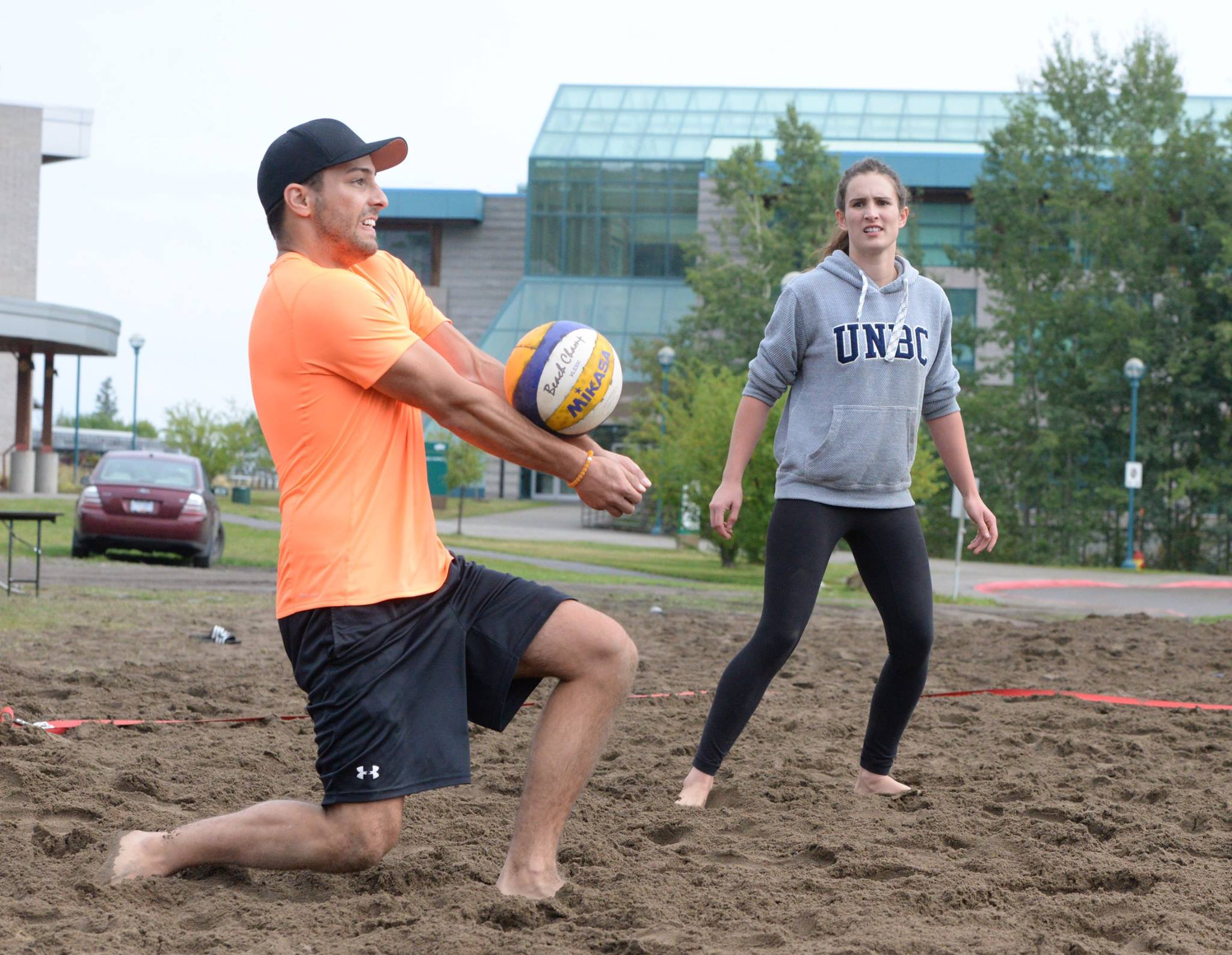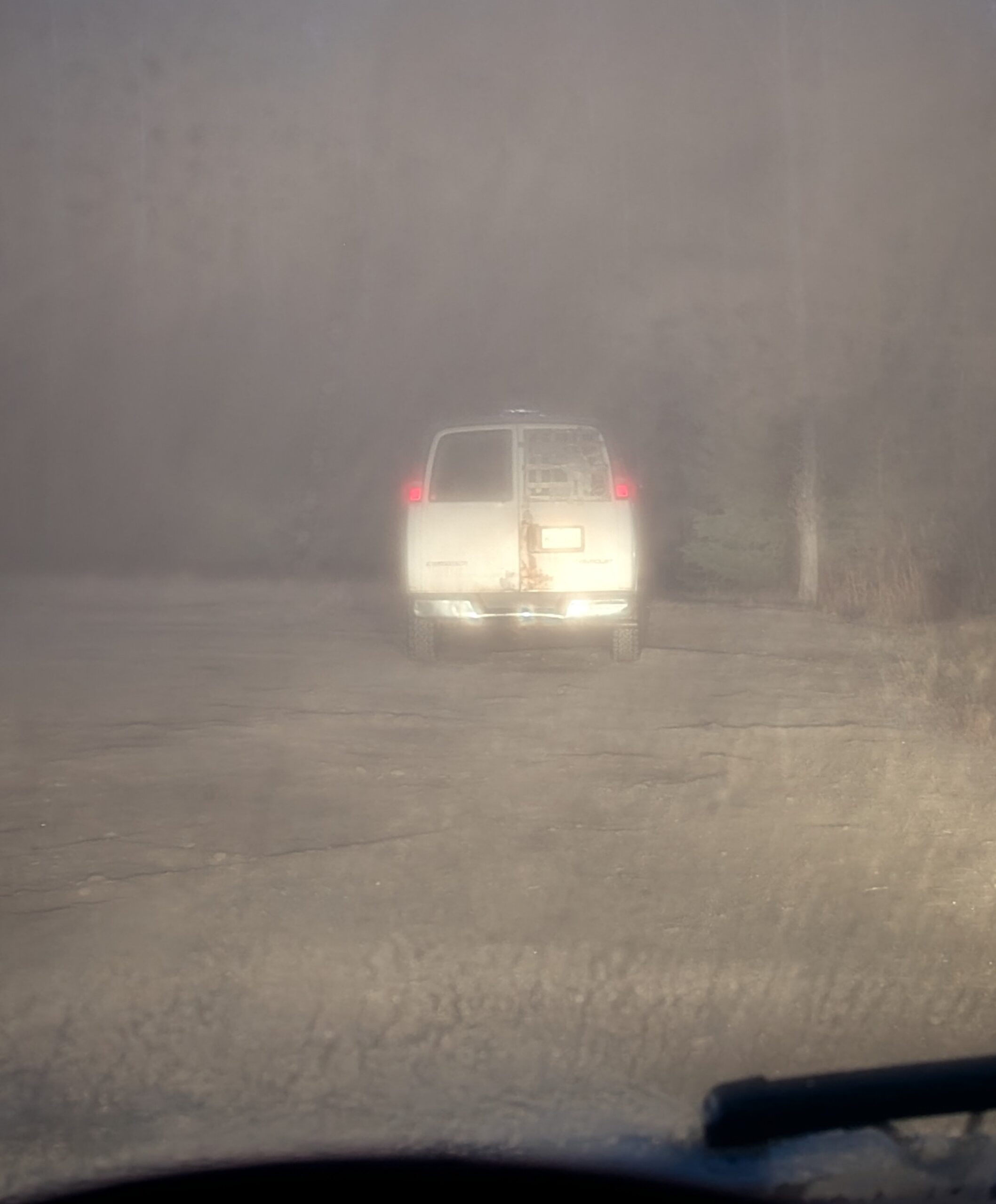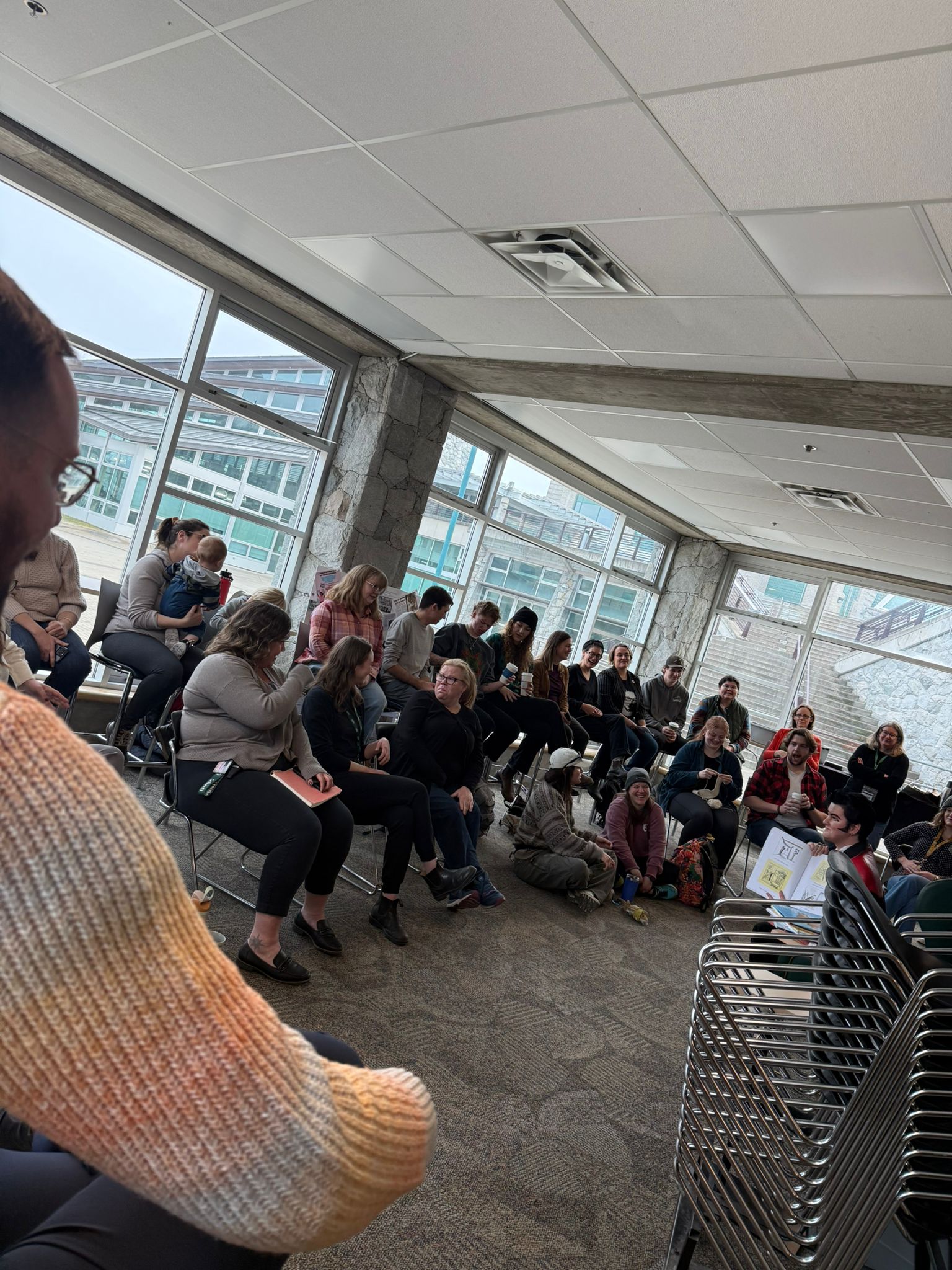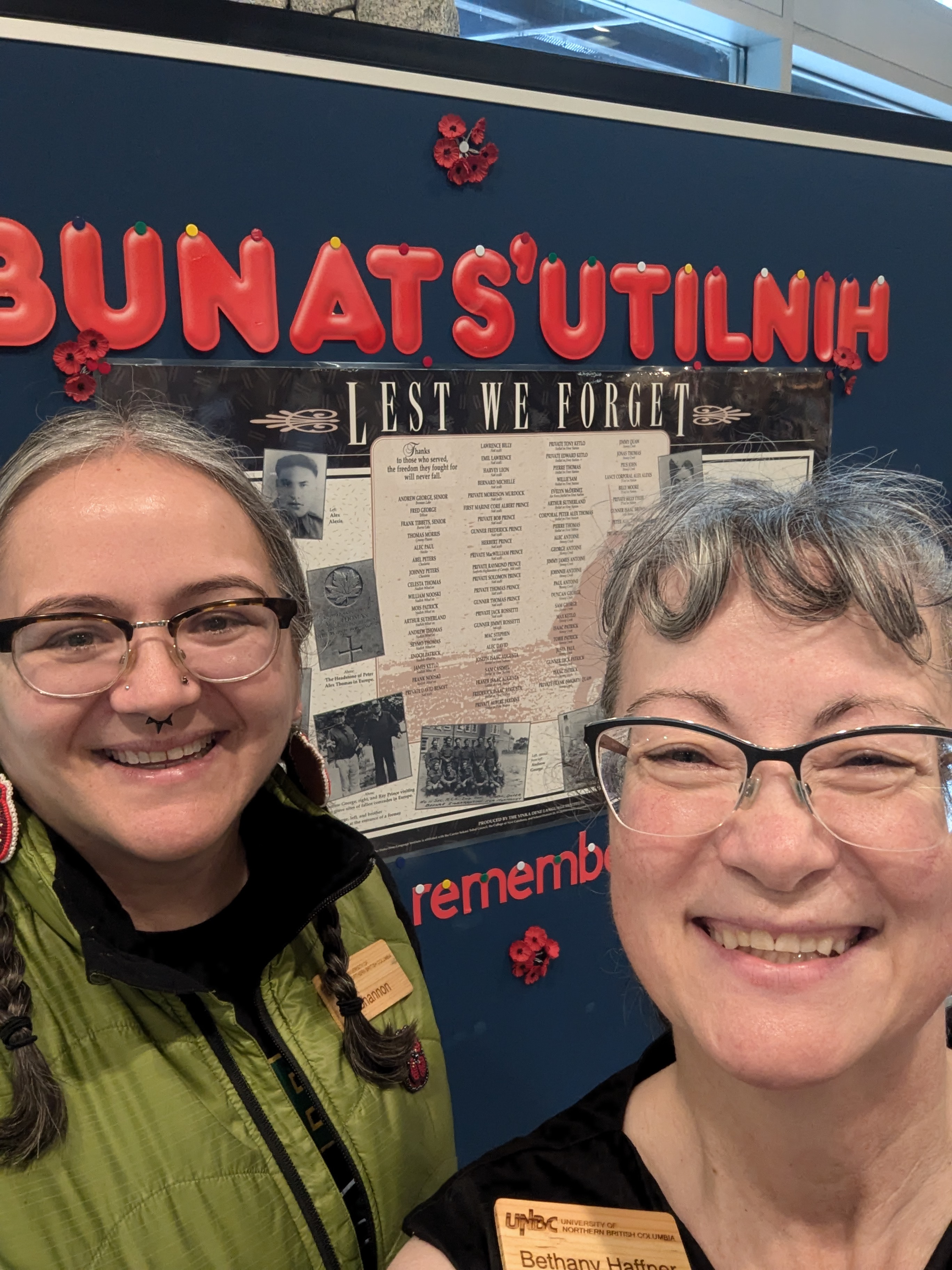Healing Wounded Hearts by Fyre Jean Graveline is a radical piece of literature that exemplifies the complexity of the Indigenous experience in Canada. Graveline tackles themes of intersectionality, linguistic colonialism, Indigenous identity and culture, and personal healing. Her writing and healing artwork directly resist colonial institutions of language, patriarchy, and racism. Graveline is a Métis woman who chronicled her pursuit of personal healing using art, poetry, and storytelling in a narrative that serves as both a critique and a call to justice. Furthermore, Graveline’s authentic and vulnerable storytelling allows readers to infuse themselves into the story; we feel the suffering of Indigenous women, and we celebrate the collective healing that Indigenous people can experience when they accept their authenticity. Graveline’s unique writing style is probably the most striking feature of this book. She challenges readers to reject the “correct” practices of the English language, and she shows that storytelling is not reliant on proper grammar or linguistic structure. The distinctive punctuation can be challenging to read, but Graveline asserts the structure is a way for readers to disengage from established Western academic mindsets. As Graveline wrote against the traditional rules of the English language, she actively rejected the process of language oppression. Furthermore, the incorporation of her culture’s words and lessons within the narrative structure continued to challenge English’s colonial rules. The unique use of punctuation, prose, and cadence created an impressive subjective experience that directly contested the colonial institution of language. The authentic and vulnerable storytelling from Graveline showcased an honest yet disturbing truth of the continued oppression of Indigenous people in Canada. She mentioned stories of brutal pain, heartbreak, physical and mental abuse, sexual violence, self-hatred/self-mutilation, and substance abuse. These stories were the most emotionally taxing part of this book. Due to the grammatical structure and intersectional lens, readers are forced to experience the trauma, heartbreak, and emotional disturbances that are all too common for Indigenous women in Canada. By sharing these painful stories, Graveline introduced disturbing truths of the oppression of Indigenous people; she highlighted their self-hatred and self-mutilation, she discussed how people often turn to substance abuse to numb their traumas, and she made us feel the authentic devastation of these realities. However, this book was not a demure surrender to the horrible truths. No, Graveline shared how these experiences have strengthened the resilience of Indigenous women. We begin to understand the healing that can occur when an individual walks the “Red Road,” a concept introduced by Graveline in which Indigenous individuals accept their authentic way of life and reject colonial influences such as drugs and alcohol. In following the Red Road, Indigenous people can seek a sense of post-traumatic growth after the continued-and-intergenerational impacts of colonialism. Healing Wounded Hearts compiled stories, poems and artwork showcasing the struggles and strengths that Fyre Jean Graveline experiences; as a Métis woman, as a mother, as a two-spirit individual, as an educated social worker, and as an oppressed minority. By sharing our authentic truths and vulnerable stories, we allow ourselves to be free of the isolation of being (in Graveline’s words) “caged.” I think this idea of self-acceptance and authenticity can be applied to any social identity, especially those that are oppressed by colonialism. I am incredibly grateful to have experienced Graveline’s revolutionary work; I now have a better understanding of how an intersectional, anti-colonial, and authentically vulnerable story can help heal individuals and others. Indeed, the inspirational revelation of post-traumatic growth after intergenerational, colonial discrimination will continue to help Indigenous people in Canada heal from the horrific-yettrue impacts of colonial oppression.





